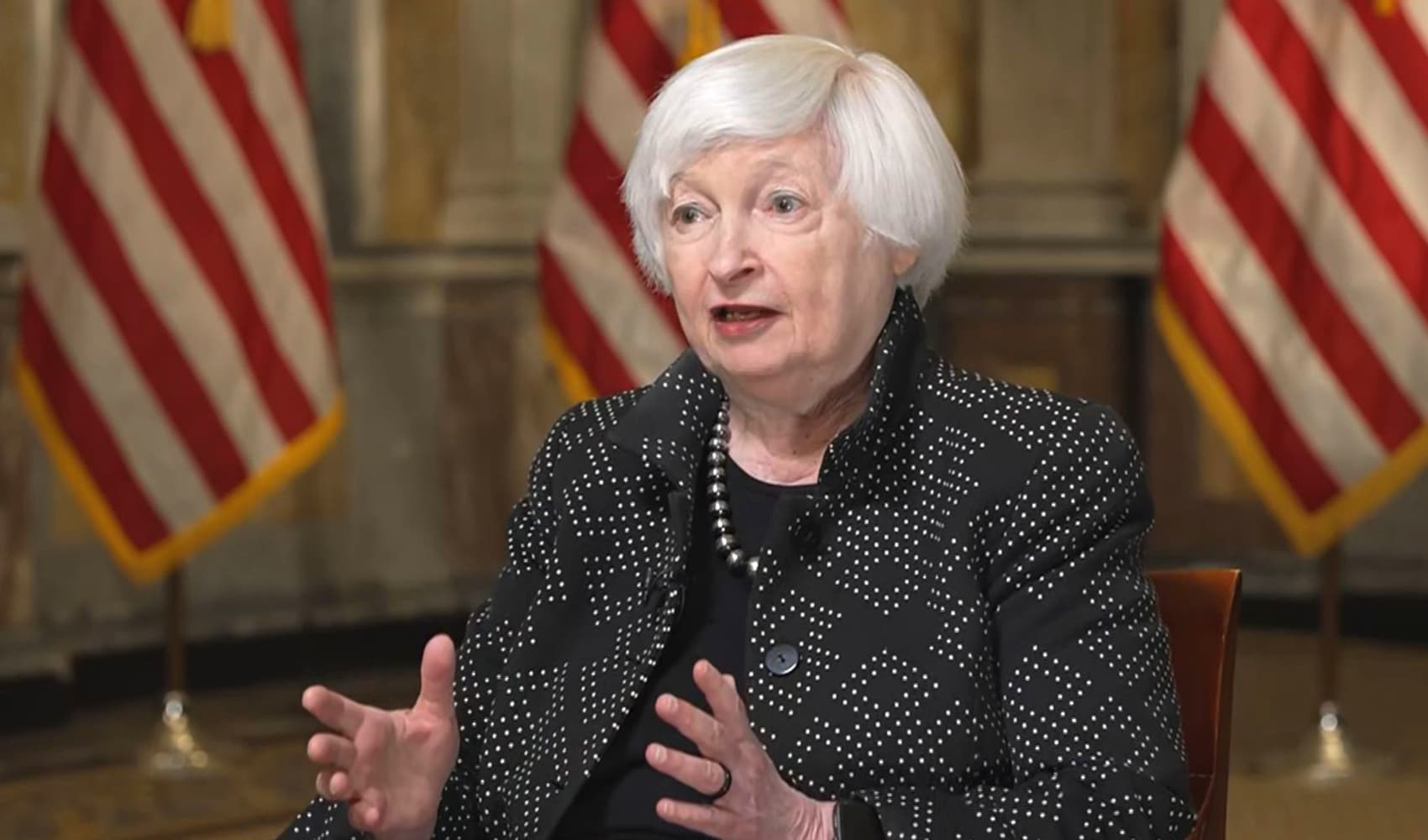
- Just 55% of Americans believe global warming will "hurt them a moderate amount," according to a new study by Stanford University and Resources for the Future.
- Climate change is already having a financial impact on most Americans, economists said.
- Higher insurance rates for homeowners, inflation for groceries, and lost earnings due to heat are a few examples of broad economic impacts.
Many Americans think they're insulated from the effects of global warming. But climate change is already having negative and broad impacts on household finances, according to experts.
Just to give a few examples: Insurers are raising premiums for homeowners in many states across the country, pointing to mounting losses from natural disasters as a factor. Extreme weather and flooding raise prices for everyone at the grocery store. Wildfire smoke and heat waves like the one currently blanketing large swaths of the U.S. lower job earnings for many workers.
That's not to mention the perhaps more obvious costs like rebuilding or relocating after a hurricane, flood or wildfire — disasters that are growing in frequency and intensity.
Get top local stories in Philly delivered to you every morning. >Sign up for NBC Philadelphia's News Headlines newsletter.
An American born in 2024 can expect to pay about $500,000 during their lifetime as a result of climate change's financial impacts, according to a recent study by ICF, a consulting firm.
"Climate change is already hitting home, and of course will do so much more in the future," said Gernot Wagner, a climate economist at Columbia Business School.
Money Report
"There are a bazillion pathways" to adverse financial impact, he added.
More from Personal Finance:
People are moving to Miami and building there despite climate risk
How to buy renewable energy from your electric utility
You may soon get new federal rebates for energy efficiency
Yet, in 2024, just 55% of Americans believe global warming will "hurt them at least a moderate amount," according to a joint report published Monday by Stanford University and Resources for the Future.
That's down 8 percentage points from an all-time-high 63% observed in 2010, the study found.
It's likely that survey respondents were thinking more about physical than financial impact when answering the survey question, said Jon Krosnick, a report co-author and director of Stanford's Political Psychology Research Group.
However, when it comes to financial impact, "I think you could argue the correct answer for [people] is, 'It's already hurting me,'" Krosnick said.
Economic effects 'increasingly adverse'

Weather-related disasters cause the U.S. at least $150 billion a year in "direct" damage, according to the Fifth National Climate Assessment, a report the federal government issues every four to five years that summarizes the latest knowledge on climate science. (The latest edition was published in 2023.)
The economic fallout will be "increasingly adverse" with each additional degree of warming, the report said. For example, 2°F of additional warming is expected to cause more than twice the economic harm than an increase of 1°F.
And that financial accounting is just for "direct" rather than indirect effects.
Extreme heat reduces worker productivity
Many of the impacts can be somewhat unpredictable, Wagner added.
For example, in addition to negative effects on human health, wildfire smoke also reduces earnings for workers in sectors like manufacturing, crop production, utilities, health care, real estate, administration and transportation, according to a 2022 study by economists at the University of Illinois at Urbana-Champaign and the University of Oregon. Some of that impact may be due to missed days of work, for example.
On average, workers' foregone earnings amounted to a total of $125 billion a year between 2007 and 2019, the economists found.
That became relevant for workers in perhaps unexpected places like New York City last year, when Canada wildfire smoke drifted into the U.S., creating an orange haze over the city. On at least one day during that period, the city ranked as having the world's worst air pollution.
"Nobody's climate-effect bingo card included that particular entry five years ago," Wagner said.

Wagner's own research shows that extreme heat causes labor productivity to plummet, triggering reduced earnings.
Workers lose about 2% of their weekly paychecks for each day over 90 degrees Fahrenheit, he found. For the average person, that'd amount to a roughly $30 pay cut for each day over 90 degrees — which can be extremely consequential for people who live in certain places like Phoenix, he said.
June 2024 was the 13th consecutive month of record-breaking global temperatures.
How global warming and inflation intersect
Climate change also exacerbates inflation, research shows — a dynamic dubbed "climate-flation."
Warming is expected to raise global inflation by 0.3 to 1.2 percentage points per year, on average, by 2035, according to a recent study by researchers at the European Central Bank and Potsdam Institute for Climate Impact.
"That's big," Wagner said, noting that over half the U.S. annual inflation target (about 2% a year) may potentially be attributable just to climate impact, he said.
So-called climate-flation is due partially to effects on grocery prices: say, if extreme weather were to knock out a harvest for crops like avocados, corn, rice, maize or wheat, triggering global prices to spike, he added.






